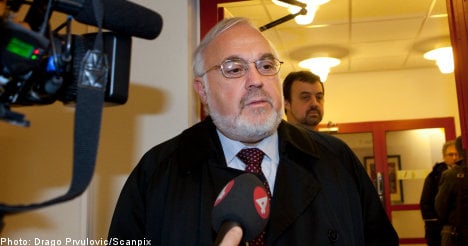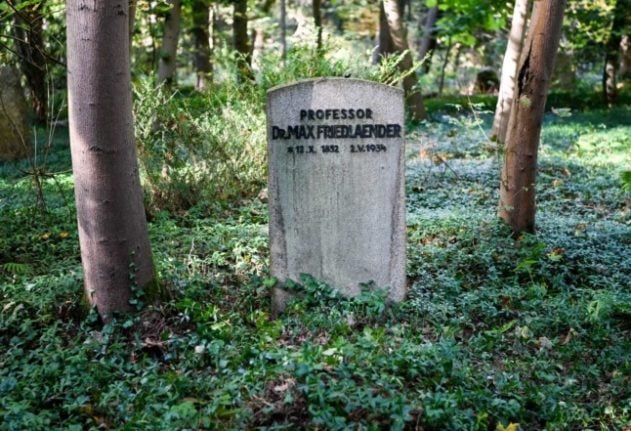The Öresund Film Commission, a Swedish-Danish cooperation helping foreign film companies seeking to film in the Öresund region, received an email from the Hollywood firm in February which raised concerns over the safety of the Jewish community, according to a report in the local Sydsvenskan daily.
”Only problem I see with this project… is the huge problem that this being a Jewish story and that the Simon Wiesenthal center in the USA called the south of Sweden a VERY unsafe place for the Jewish community,” the email read.
The Simon Wiesenthal Centre in December 2010 issued a travel warning urging Jews to exercise “extreme caution” when traveling in southern Sweden.
The warning came following an escalation of attacks directed against Malmö Jews and remarks from Malmö mayor Ilmar Reepalu perceived to lay the blame on the city’s Jewish community for failing to denounce Israel.
Mikael Svensson at the Öresund Film Commission expressed surprise over the film company’s email and its decision to find an alternative location.
“I have followed the debate, but never thought that it could spread to the film industry and this type of decision,” he told the newspaper.
Skåne has become an established location for Swedish and international film makers with several films based in and around the cities of Malmö and Ystad, such as the criminal detective series “Wallander”, starring Kenneth Branagh.



 Please whitelist us to continue reading.
Please whitelist us to continue reading.
Member comments